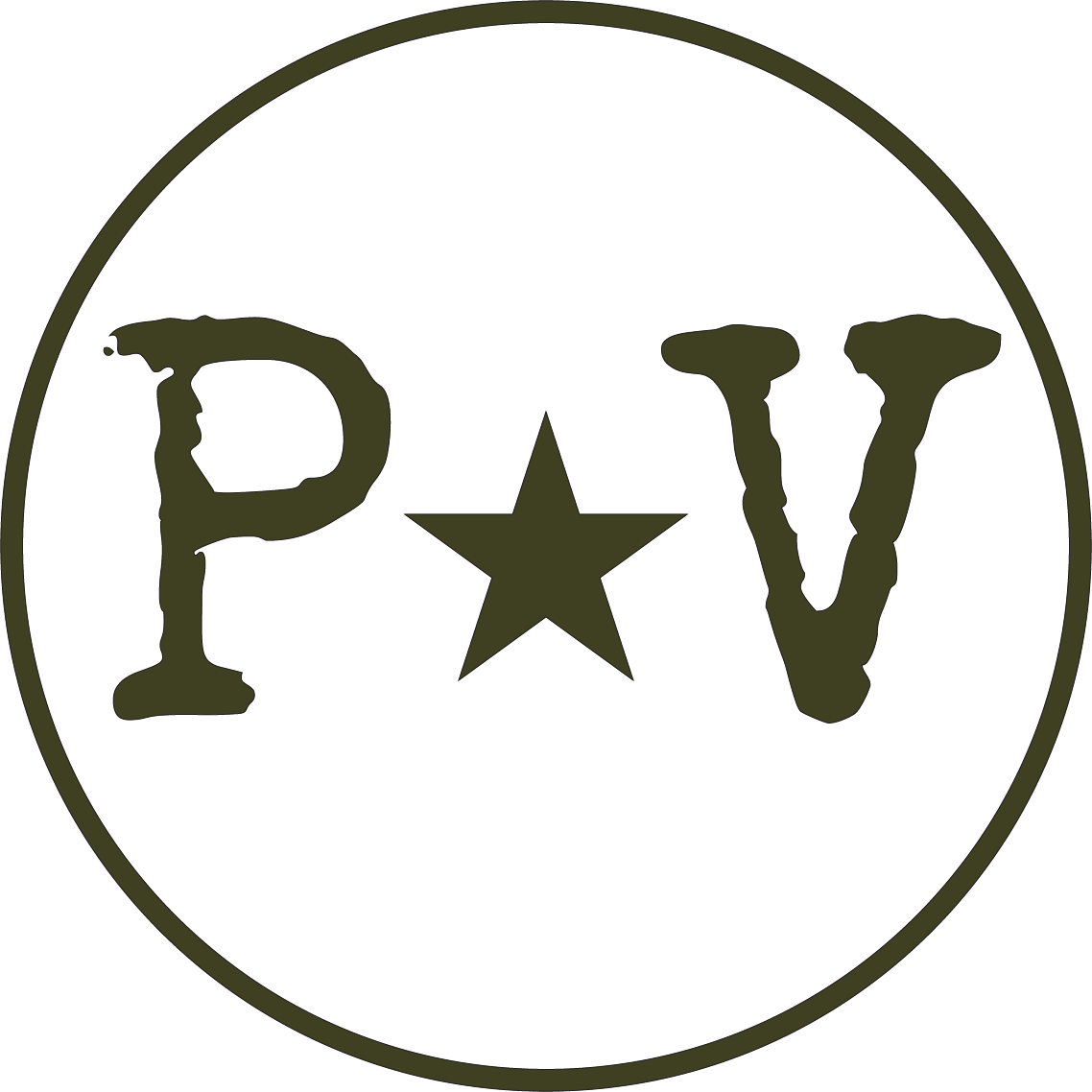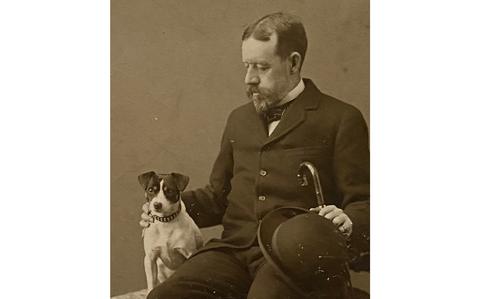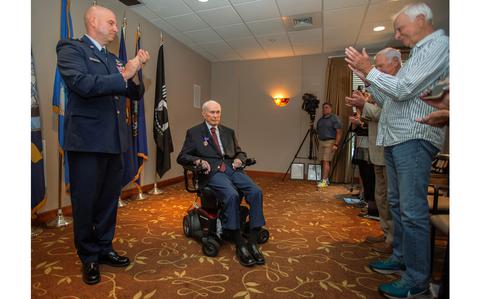Transitioning from military service to civilian employment can be a challenging endeavor. A well-crafted resume is your most valuable asset during this transition. Veterans bring unique skills, experiences, and qualities that are highly valued by civilian employers. This comprehensive guide offers expert advice on creating an outstanding resume that effectively showcases your military background while appealing to civilian hiring managers.
Understand the Civilian Landscape
Before diving into resume writing, it’s crucial to gain a deep understanding of the civilian job market. Research different industries, job roles, and preferred locations. Identify transferable skills and certifications that align with your career goals. This insight will help tailor your resume to specific job requirements, increasing your chances of success.
Translate Military Skills
Civilian recruiters may not be familiar with military terminology. Translate your military roles, responsibilities, and accomplishments into civilian-friendly language. Emphasize universal skills such as leadership, teamwork, problem-solving, and adaptability. Highlight achievements that demonstrate your ability to tackle challenges and deliver results.
Showcase Relevant Experience
Your resume should prioritize relevant experience for your desired civilian job. List military assignments, deployments, and roles directly related to the position you’re applying for. Spotlight achievements, leadership roles, and any specialized training or certifications that align with the job’s requirements.
Quantify Achievements
To strengthen your resume, use quantifiable data. Numbers and statistics capture employers’ attention. Specify how many personnel you led, the budget you managed, or the projects you completed. These details provide concrete evidence of your capabilities and impact.
Emphasize Leadership
Leadership is a hallmark of military service. Highlight instances where you led teams, managed projects, or assumed roles with increased responsibility. Utilize strong action verbs like “led,” “directed,” or “managed” to effectively convey your leadership skills.
Address Gaps and Transition Challenges
If you encountered employment gaps due to military deployments or transition difficulties, address them transparently in your resume. Use a concise statement to explain these gaps and emphasize the valuable skills and experiences you gained during military service.
Customize for Each Application
Avoid using a generic resume. Tailor your document for each job application. Highlight specific qualifications, skills, and experiences that directly match the job description. This personalized approach demonstrates your genuine interest and suitability for the role.
Optimize Formatting and Design
A well-structured resume is easy to read and visually appealing. Employ clear headings, bullet points, and concise language. Select a clean, professional format. Steer clear of excessive jargon and acronyms that may be unfamiliar to civilian employers. Ensure your resume is error-free to demonstrate your attention to detail.
Include a Strong Summary
Commence your resume with a compelling summary statement or objective. This brief paragraph serves as your elevator pitch, introducing your qualifications and career objectives. Use this section to grab the employer’s attention and provide a snapshot of your expertise.
Highlight Transferable Skills
Place emphasis on your transferable skills, including problem-solving, adaptability, and communication. These skills are highly sought after in civilian roles. Provide examples of how you’ve applied these skills in challenging situations during your military service.
List Certifications and Training
Military training and certifications hold significant value. Include relevant certifications, licenses, and courses on your resume. These credentials demonstrate your expertise and commitment to professional development.
Seek Professional Guidance
Consider seeking assistance from professional resume writers or career counselors experienced in assisting veterans. They can offer valuable insights and help you create a resume that maximizes your potential in the civilian job market.
Proofread and Edit
Before submitting your resume, meticulously proofread and edit it. Check for grammatical errors, typos, and formatting issues. A polished, error-free resume reflects your attention to detail and professionalism.
Create a Strong LinkedIn Profile
In today’s digital era, a well-maintained LinkedIn profile is essential. Ensure your profile aligns with your resume, highlighting your skills and experiences. Connect with industry professionals, join relevant groups, and engage in networking activities.
Conclusion
Transitioning from military service to a civilian career can be challenging, but a well-crafted resume is a powerful tool to help you succeed. By understanding the civilian job market, translating your military experiences, and tailoring your resume for each application, you can effectively showcase your qualifications and make a successful transition to civilian employment.




